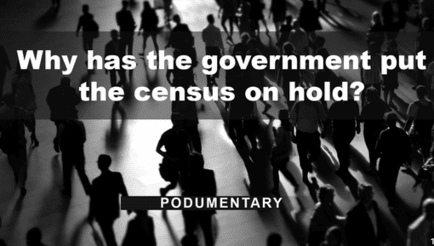People count: On the Census and the shadow of politics
The Census is too important to be delayed for political reasons
Census collects population data that is crucial to planning and development, and the exercise is rarely devoid of political intent or consequence. India has conducted the Census every 10 years since 1881, but in 2020, the decennial exercise for the 2021 Census had to be postponed due to the COVID-19 pandemic. Restrictions related to the pandemic have ceased and the state machinery is ready to start the exercise anytime, but the BJP government at the Centre continues to withhold political clearance. On September 20, Home Minister Amit Shah told the Lok Sabha that the Census will take-place after the 2024 general election. That still avoids any clear mention of the date or year, allowing speculation about the government’s intent. A possible reason why the Centre is eager to delay it until 2024 is the clamour for enumeration of caste, a question that the BJP is trying to evade . A Census after 2026 will become the basis of the next delimitation of Lok Sabha seats, which will involve inter-State redistribution of representation. The BJP may have incentives to wait until then. In the last few years, changes in the Citizenship Act, and conflict between some States and the Centre regarding the National Population Register (NPR), have further muddied the discussions on Census.
The proposed 33% reservation for women in Parliament and Assemblies is linked to the next Census and delimitation, which adds an additional import . The next one will also be the first digital census giving citizens an opportunity to “ self-enumerate ”. During self-enumeration , Aadhaar or mobile number will be mandatorily collected. Around 30 lakh government officials including schoolteachers will be assigned as enumerators and each will be assigned the responsibility to collect details of about 650-800 people through both online and offline modes covering an estimated population of more than 140 crore. In normal course , completion of both the phases of the Census takes at least 11 months. Meanwhile , the quality and mechanism of population level data collection are evolving fast, thanks to technology. The Registration of Births and Deaths (Amendment) Act, 2023 that will come into effect on October 1 will help a centralised population register, electoral register, Aadhaar, ration card, passport and driving licence databases. The centrally stored data will be updated real time without human interface leading to addition and deletion from electoral roll when an individual turns 18 and after death, respectively. Rather than trying to weaponise categorisation and counting of people, the government must take States and parties into confidence on all the issues around the Census.
NOTE : (+) denotes ‘Positive word’, (–) denotes ‘negative words’
